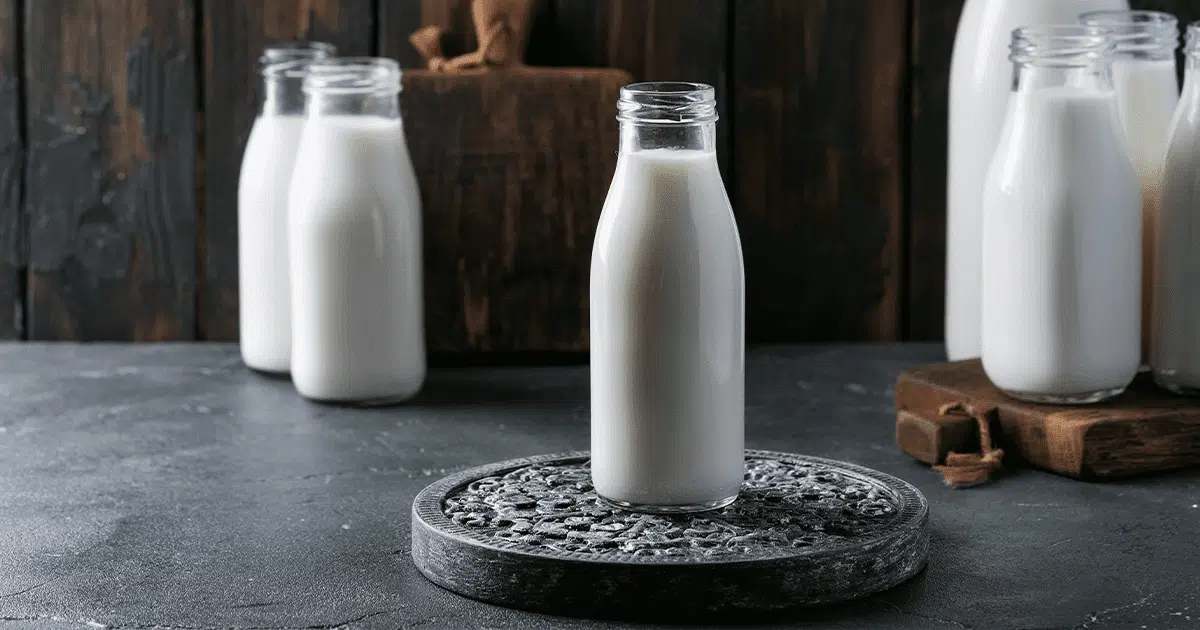When it comes to transporting or storing liquid food products, safety and compliance are everything. The food and beverage industry depends on containers that maintain purity, prevent contamination, and meet strict regulatory standards. That’s where IBC Packaging for Food and IBC Packaging for Beverage applications stand apart. Specifically designed to handle sensitive consumable products, Food-grade IBC liners play a critical role in ensuring every shipment remains fresh, sanitary, and compliant from filling to delivery.
Why Safety Standards Matter in Food & Beverage IBC Packaging
Food manufacturers, dairy processors, and beverage companies must meet rigorous health and safety requirements. Any packaging material that comes into contact with food or drink must be inert, non-toxic, and resistant to bacterial growth. In bulk transport, the challenge increases—containers must maintain integrity under variable temperatures, movement, and long-distance shipping conditions.
Food & beverage bulk container liners provide an added layer of protection inside Intermediate Bulk Containers (IBCs). These liners act as sterile barriers that isolate products like milk, juices, oils, and concentrates from the container walls. By preventing direct contact between the product and the IBC surface, liners reduce contamination risk and simplify cleaning between uses.
Innovative Liner Solutions designs liquid food packaging solutions that meet or exceed these safety standards. Every component—from the liner film to the fitment—is selected to handle the unique demands of liquid food transport.
Characteristics of Safe and Compliant IBC Liners
To be suitable for food and dairy use, an IBC liner must meet several technical and regulatory benchmarks. Below are key attributes that determine whether a liner is safe for consumable applications.
FDA-Approved Materials
The most important safety indicator is compliance with FDA regulations. FDA-Compliant Bulk Liquid Packaging ensures that all materials are certified as safe for direct food contact. These liners are typically made from high-quality polyethylene or polypropylene films that do not leach chemicals or absorb flavors.
For international applications, many food processors also look for liners that meet EU regulations for food contact safety. These standards reinforce the liner’s ability to protect product integrity under various environmental conditions.
Multi-Layer Barrier Construction
Safe IBC liners for dairy products, juices, and edible oils often use multi-layer films. Each layer serves a purpose:
-
The inner layer maintains a sanitary surface for product contact.
-
Middle layers provide structural strength and puncture resistance.
-
Outer layers shield against oxygen, moisture, and UV light.
This construction not only protects the contents but also extends shelf life, an essential factor in global food supply chains.
Chemical Resistance and Neutrality
Foods like tomato paste, citrus juice, and edible oils can react with certain plastics, altering flavor or color. A food-safe IBC liner must remain chemically neutral. The film should not react with acidic, oily, or high-fat contents, ensuring that taste and quality remain consistent from production to packaging.
Hygienic Design and Fitment
Proper liner design goes beyond the film itself. The inlet and outlet fittings must also meet sanitary standards. Smooth, sealed surfaces prevent bacterial buildup, and secure connections minimize exposure during filling and dispensing. High-grade spouts and caps help maintain sterility during transfer operations, making food contact safe IBC liners a critical part of overall plant hygiene.
Traceability and Certification
In a regulated industry, traceability is essential. Reputable suppliers provide full documentation for each batch of liners, including certificates of compliance, resin origin, and manufacturing traceability. This level of transparency is vital for quality assurance and audit readiness.
Applications of Food-Grade IBC Liners
Innovative Liner Solutions engineers liners specifically designed for the food and beverage sector. Applications include:
-
Dairy products: Milk, cream, whey, and liquid concentrates require liners with excellent hygiene and oxygen protection.
-
Edible oils: Products such as olive oil, canola oil, and other plant-based oils benefit from oxygen and moisture barriers that prevent oxidation.
-
Juices and concentrates: Acidic and high-sugar contents need liners that won’t react or degrade during long transit times.
-
Liquid sweeteners and syrups: Viscous fluids require liners with smooth surfaces and proper drainability.
These solutions are all part of the range offered under Food-Grade IBC Liners For Dairy, Oils, And Liquid Foods.
The Role of Innovative Liner Solutions in Food Safety
Innovative Liner Solutions is a trusted partner for IBC liners for juice & concentrates, oils, and other liquid food applications. Their liners are designed not only for compliance but for performance—ensuring efficient filling, transportation, and dispensing without waste or contamination.
Each liner system is engineered to support a variety of liquid food packaging solutions, whether for aseptic processing, hot-fill applications, or general food transport. The company’s focus on research and continuous improvement helps food and beverage processors maintain operational safety and efficiency.
For manufacturers seeking comprehensive guidance on implementing or upgrading their liner systems, the Complete Guide To Food & Beverage IBC Packaging Solutions provides detailed insight into selecting materials, understanding regulatory compliance, and optimizing logistics.
How to Ensure Your IBC Liners Meet Food-Grade Standards
To confirm that your packaging meets the highest safety requirements, consider the following best practices:
-
Request certification: Always verify that your liner supplier provides FDA or equivalent international documentation.
-
Review compatibility: Match liner materials with product type (acidic, oily, or aqueous) to prevent degradation or contamination.
-
Inspect fitment design: Ensure the liner and fittings align with sanitary equipment to maintain sterility during filling and draining.
-
Work with a proven supplier: Partnering with a specialized manufacturer like Innovative Liner Solutions ensures consistent product quality and full traceability.
By integrating these steps, you can confidently transport bulk food and beverage products while maintaining compliance with regulatory standards.
Partner With Innovative Liner Solutions
Choosing the right food-safe IBC liner protects both your product and your reputation. Whether you’re handling dairy, edible oils, juices, or other liquid foods, Innovative Liner Solutions provides the expertise and high-quality materials you can depend on. Their advanced liner systems are designed for performance, safety, and long-term reliability in every application.
To learn more or discuss your bulk liquid packaging needs, call (815) 963-9525.


